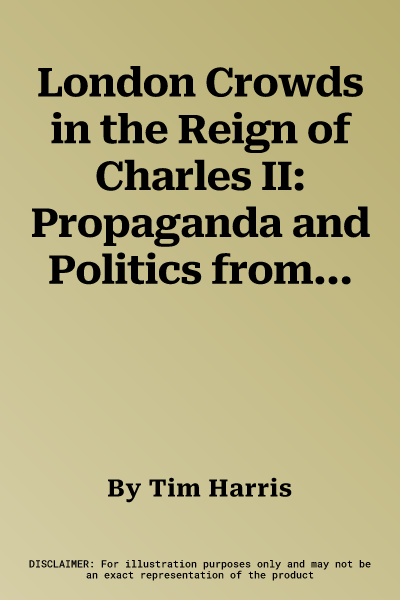Tim Harris
(Author)London Crowds in the Reign of Charles II: Propaganda and Politics from the Restoration Until the Exclusion CrisisHardcover, 27 November 1987

Temporarily out of stock
Free Delivery
Cash on Delivery
15 Days
Free Returns
Secure Checkout

Part of Series
Cambridge Studies in Early Modern British History
Part of Series
Cambridge Studies in Early Modern British History (Hardcover)
Print Length
278 pages
Language
English
Publisher
Cambridge University Press
Date Published
27 Nov 1987
ISBN-10
0521326230
ISBN-13
9780521326230
Description
Product Details
Author:
Book Format:
Hardcover
Date Published:
27 November 1987
Dimensions:
22.81 x
15.19 x
2.21 cm
ISBN-10:
0521326230
ISBN-13:
9780521326230
Language:
English
Location:
Cambridge
Pages:
278
Publisher:
Series:
Weight:
530.7 gm